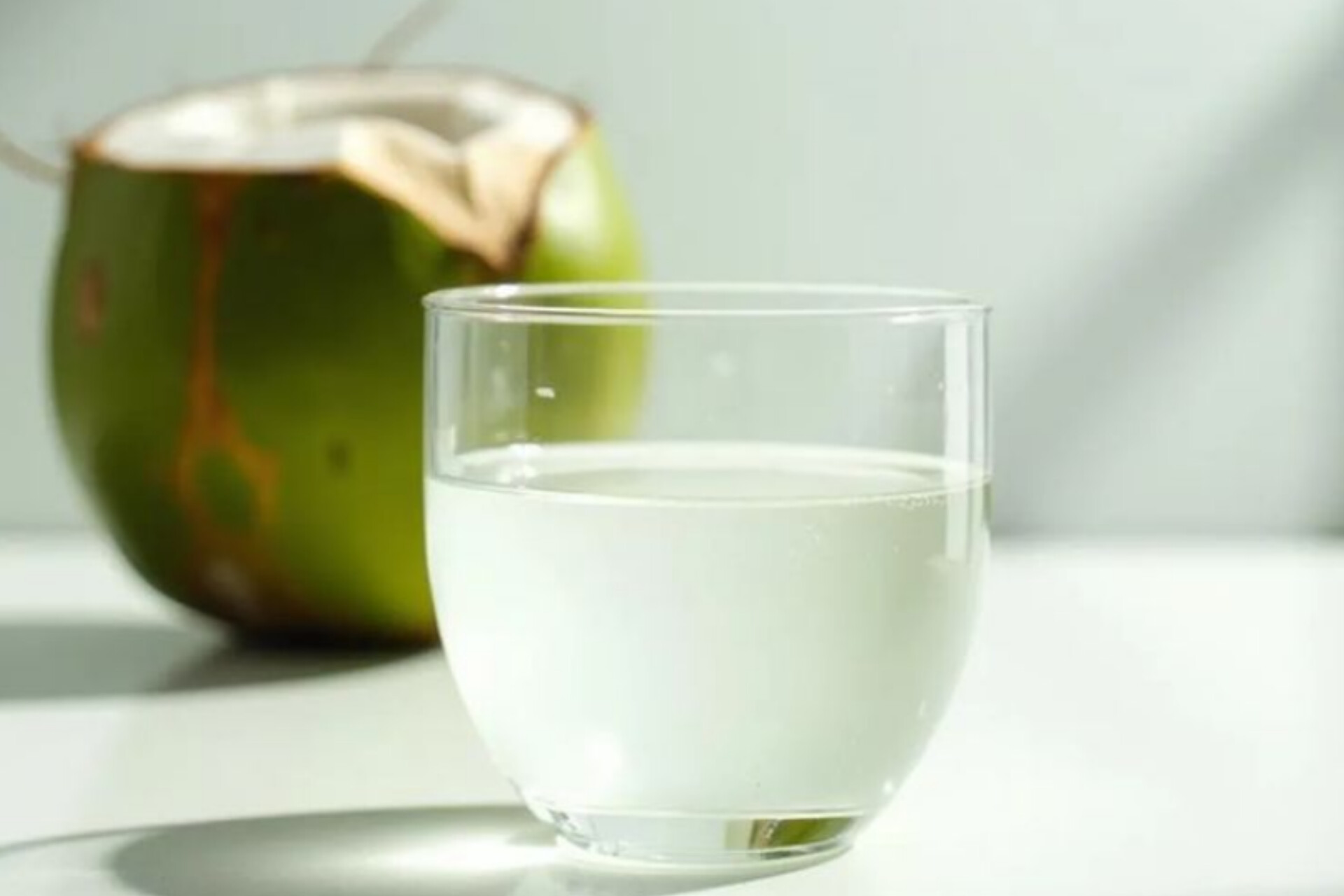
Plot twist. Turns out even the most natural things aren’t always suitable for everyone. Just like how some people can’t handle dairy or need to avoid certain fruits, coconut water has its own list of people who should probably think twice before making it their go-to drink.
Don’t get me wrong, Coconut water can be amazing for many people. But after diving into the research and learning from health experts, I discovered there are actually several groups of people who might want to steer clear of this trendy beverage. Let me share what I learned, because nobody wants to find out the hard way that their healthy drink choice isn’t so healthy for them personally.
People with Chronic Kidney Disease Should Be Extra Careful
Those with chronic kidney disease (CKD) are recommended to avoid intake of coconut water. The substantial potassium content in the water may cause hyperkalemia, a potentially fatal condition resulting from a high potassium intake in kidney patients.
When your kidneys aren’t working properly, they can’t filter out excess potassium like they should. Coconut water is packed with this mineral, which is usually great for most people. But for some persons with kidney issues, it can build up to dangerous levels in the blood. I’d recommend anyone with a chronic kidney disease avoid consuming large amounts of coconut water. As mentioned before, coconut water has high potassium content. A large intake of potassium in kidney patients can lead to life-threatening hyperkalemia (too much potassium in the blood).
Those Taking Heart Medications Need to Check First
If you’re on medications for heart conditions, especially those that affect potassium levels, coconut water might interfere with your treatment. Regular consumption of coconut water lead to hyperkalemia (such as in person with preexisting conditions like kidney disease), potentially causing irregular heart rhythms or even sudden cardiac arrest.
Always chat with your doctor before adding coconut water to your routine if you’re managing any heart condition with medication. It’s better to be safe than sorry when it comes to your ticker.
People with Nut Allergies Should Proceed with Caution
Coconut water is not good for people who are allergic to nuts. It may cause bloating and minor stomach distress in some people.
While coconuts are technically classified as fruits rather than nuts, some people with tree nut allergies can still react to coconut products. If you have any kind of nut allergy, it’s worth doing a patch test or talking to your allergist before diving into regular coconut water consumption.
Those with Digestive Sensitivities Might Want to Start Slow
Some people find that coconut water doesn’t agree with their digestive system, especially when consumed in larger quantities. The natural sugars and fiber content can cause bloating, gas, or even diarrhea in sensitive individuals.
Avoid coconut water if it triggers diarrhea or digestive discomfort. If you’re someone who tends to have a sensitive stomach or deals with conditions like IBS, try starting with just a small amount to see how your body reacts.
People with Diabetes Should Monitor Their Response
While coconut water is often marketed as a healthy alternative to sugary drinks, it still contains natural sugars that can affect blood glucose levels. Coconut water has no side effects unless you drink it in great quantities and have certain health problems such as chronic kidney disease or diabetes.
For people managing diabetes, it’s important to account for these sugars in your daily carb count and monitor how coconut water affects your blood sugar levels. It’s not necessarily off-limits, but it requires mindful consumption.
Those with Cystic Fibrosis May Need Different Options
Cystic fibrosis can lower salt levels in the body. Some people with cystic fibrosis need to take fluids or pills to increase salt (sodium) levels. Coconut water doesn’t contain enough salt.
People with cystic fibrosis often need higher sodium intake to maintain proper electrolyte balance, and coconut water is naturally low in sodium. This means it might not provide the specific electrolyte profile these individuals need.
Conclusion
Coconut water is LIKELY SAFE for most adults when consumed as a drink. There are no known serious side effects. For the majority of people, it can be a refreshing and hydrating choice.
The key is knowing your own body and health conditions. An 8-ounce glass or two a day should be fine. for most people, but moderation is important regardless of your health status.

